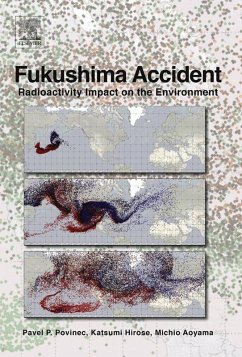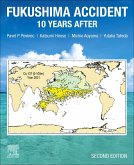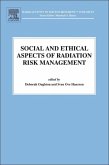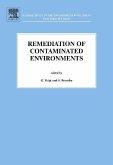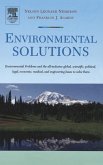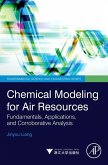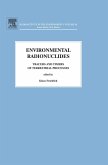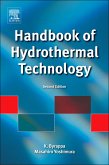- 2013 PROSE Award winner in Environmental Science from the Association of American Publishers
- Covers atmospheric and marine radioactivity, providing information on the global atmospheric dispersion of radionuclides in the atmosphere and world oceans
- Examines radiation doses to the public and biota to understand the health risks to the public and ecosystems
- Provides information on monitoring radionuclides in the environment - information on sources of radionuclides, their temporal and spatial variations, and radionuclide levels
- Covers transport of radionuclides from different sources (e.g. nuclear power plants) as well as atmospheric simulations and modeling approaches
Dieser Download kann aus rechtlichen Gründen nur mit Rechnungsadresse in A, B, BG, CY, CZ, D, DK, EW, E, FIN, F, GR, HR, H, IRL, I, LT, L, LR, M, NL, PL, P, R, S, SLO, SK ausgeliefert werden.
"This study investigates the impact of radioactivity released into the environment after the accident at the Fukushima Dai-ichi Nuclear Power Plant in Japan in 2011. It considers impacts on the terrestrial and marine environments, looking at the past and present sources of environmental radioactivity, with a focus on global fallout and the Chernobyl accident, and their impact on the Pacific Ocean;." --ProtoView.com, April 2014
"The book thus represents an overview of the most important publications and research concerning the radioactive environmental contamination that occurred in the 20th and in the beginning of the 21st centuries. It brings to the reader useful, reliable and thoroughly selected information on the previous levels and current situation in the field." --Journal of Environmental Radioactivity, December 27, 2013

